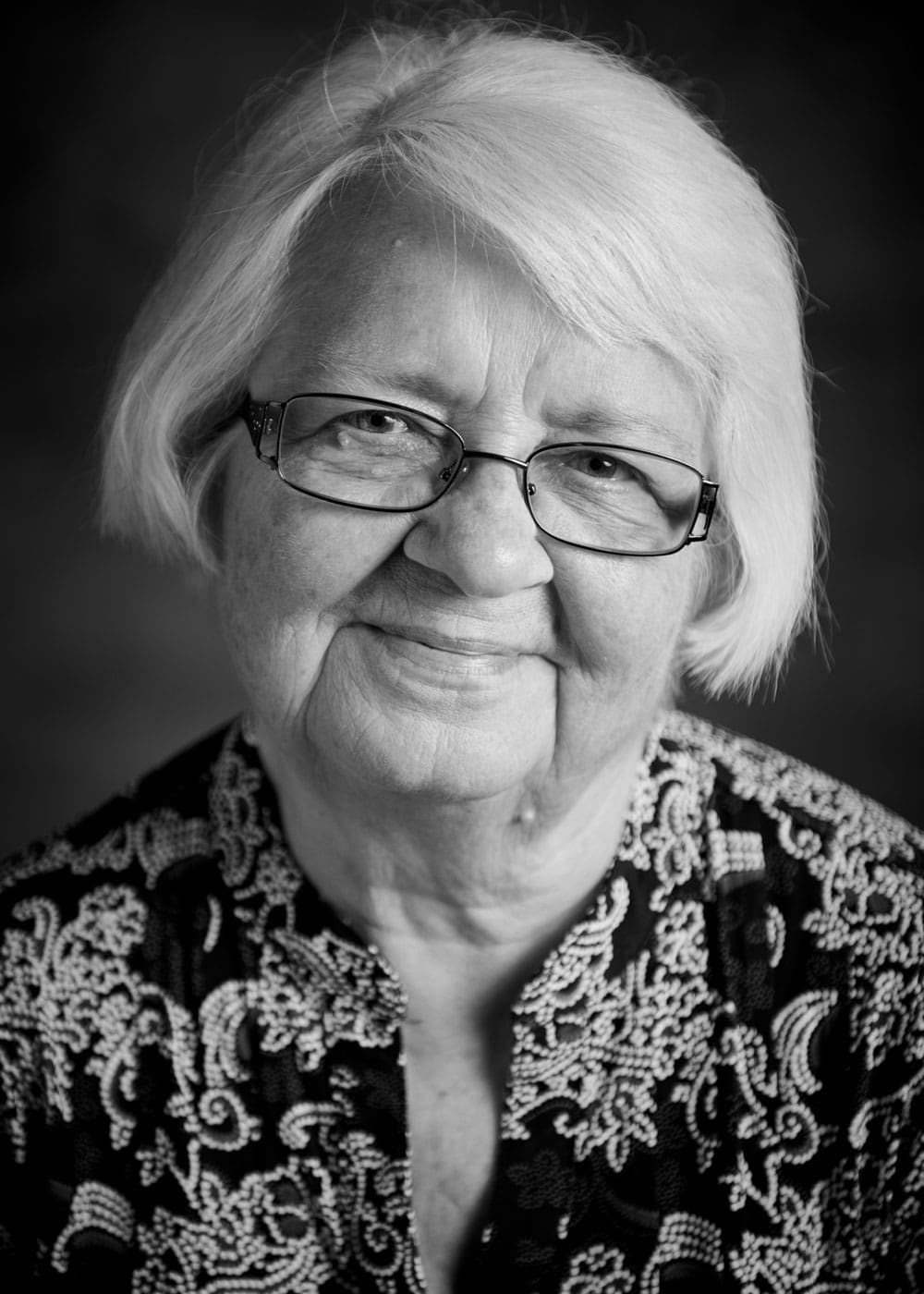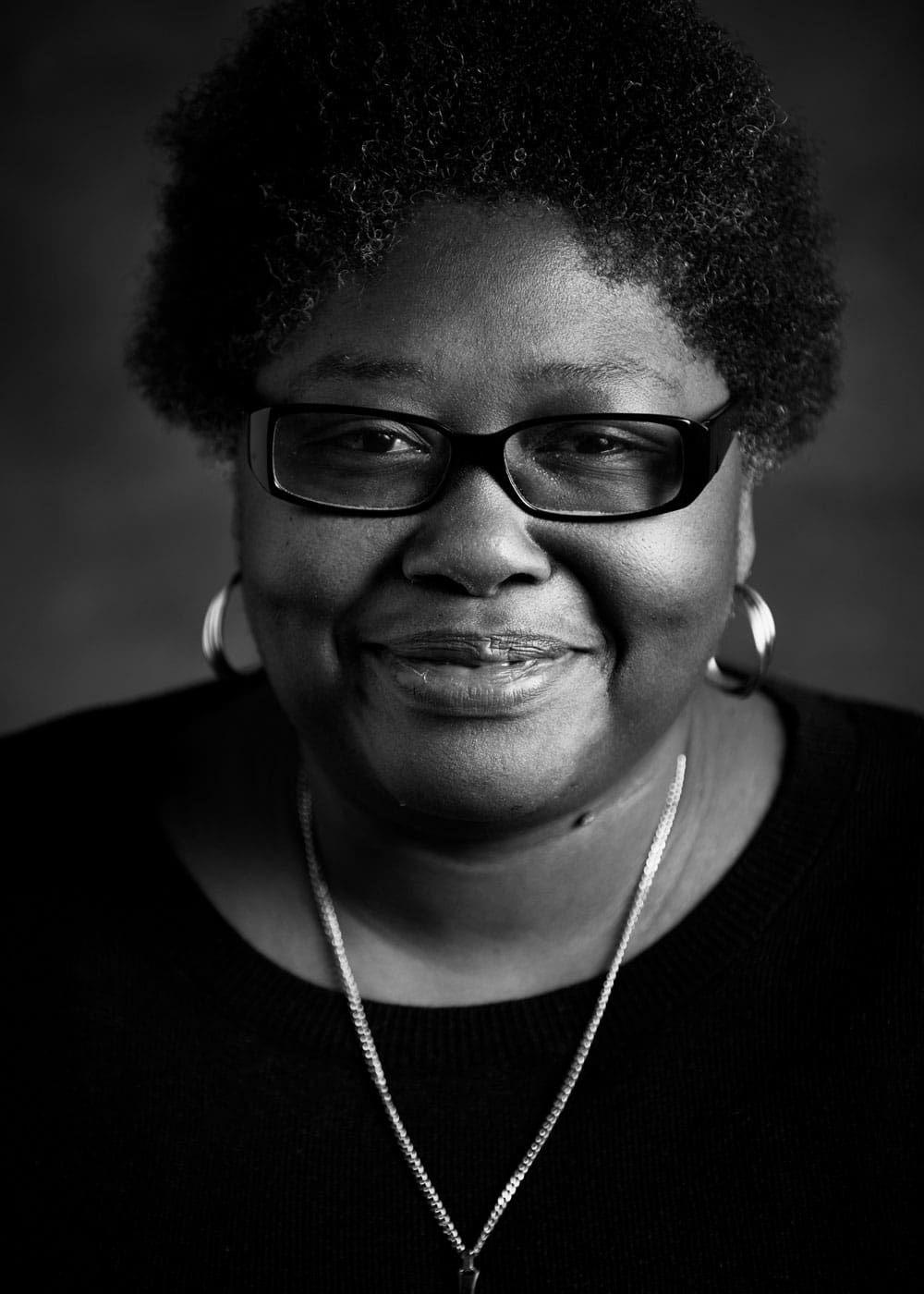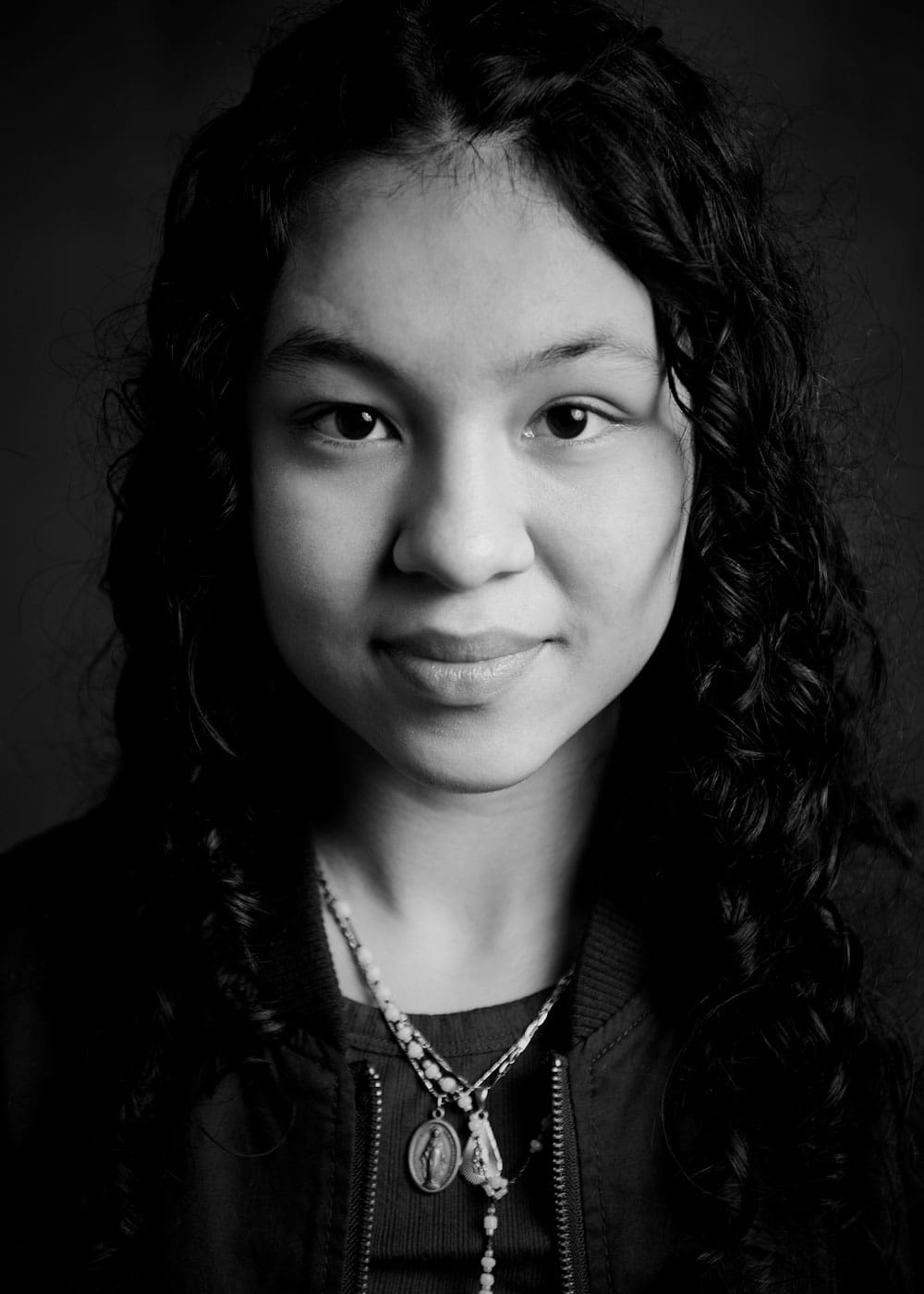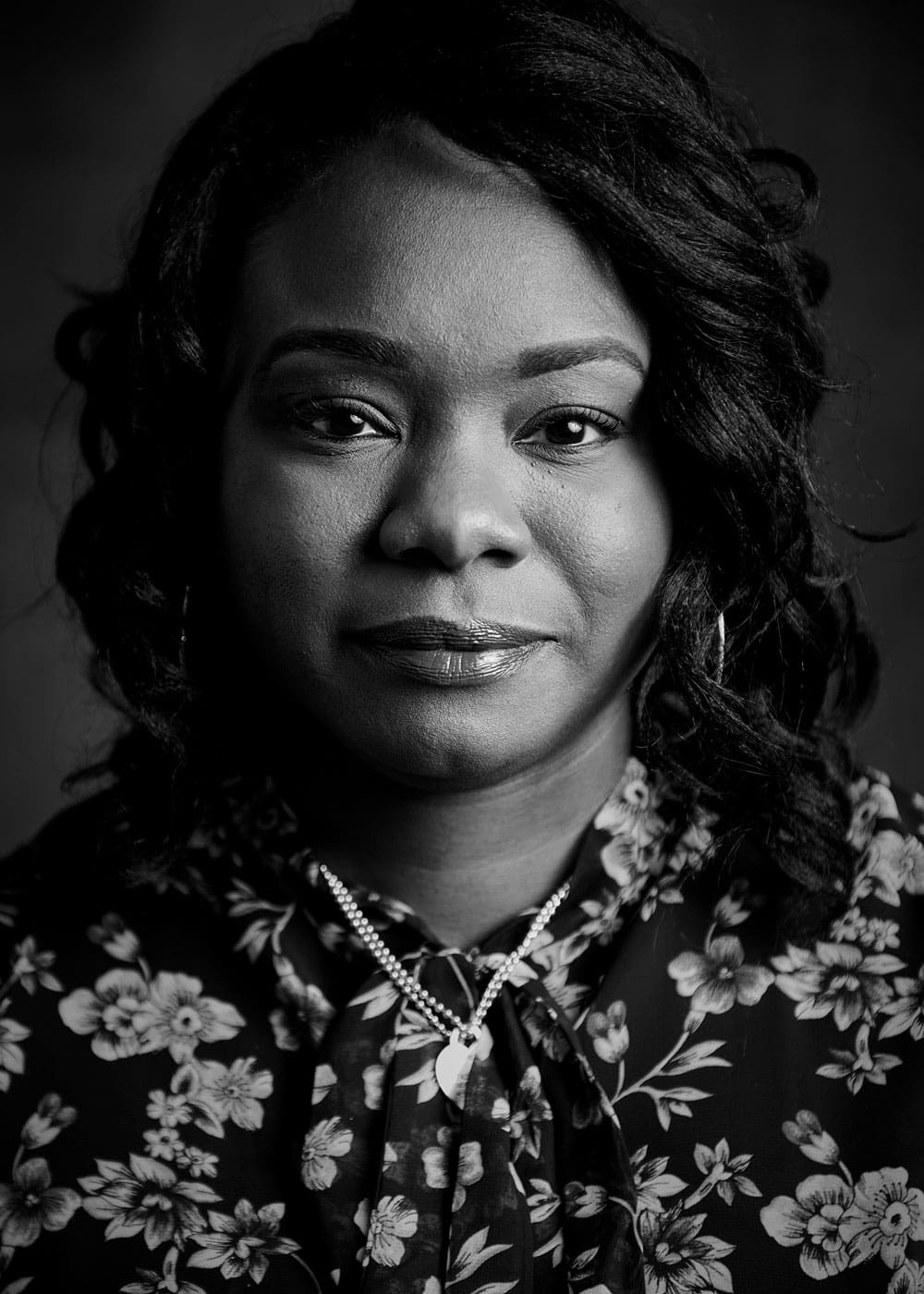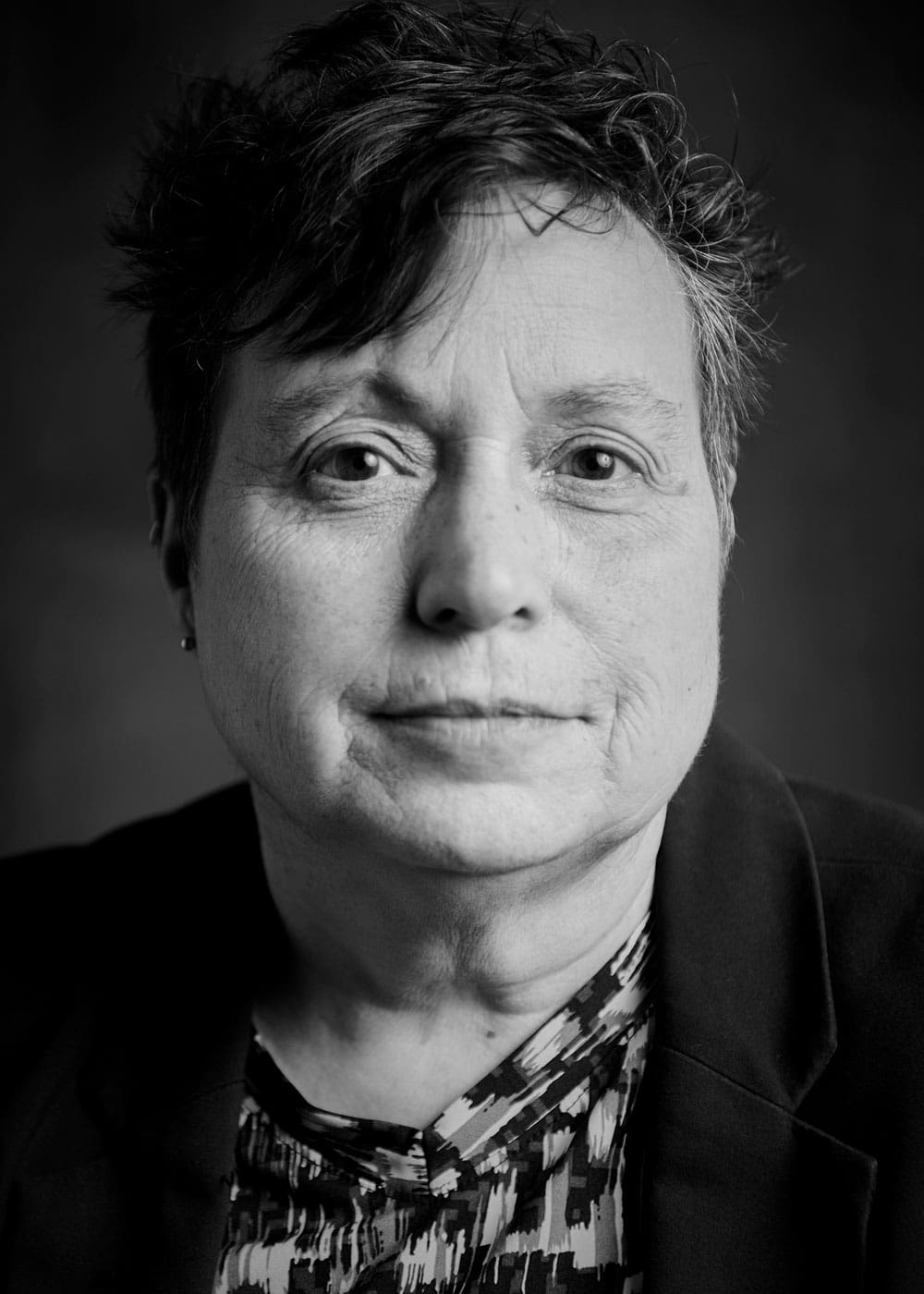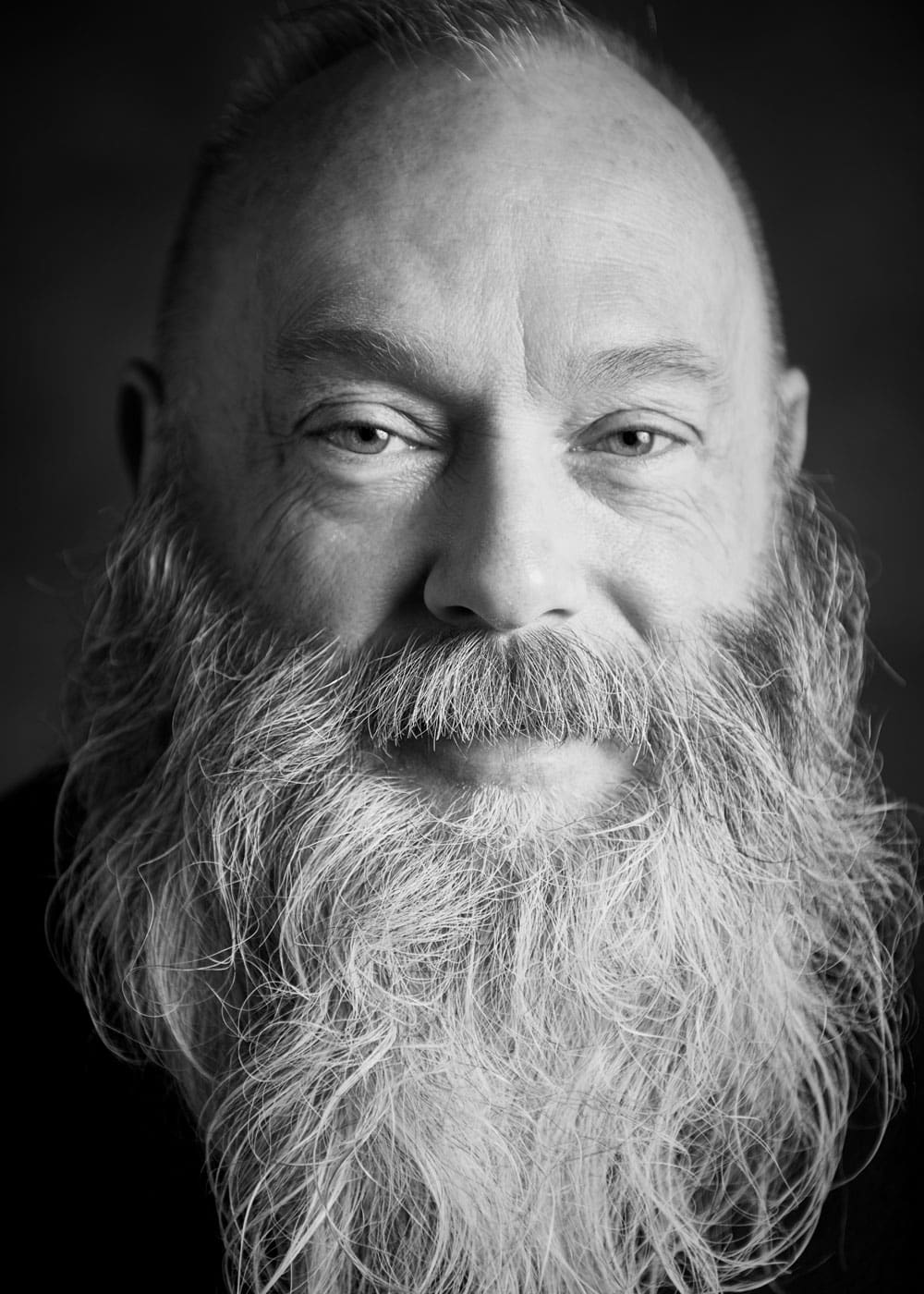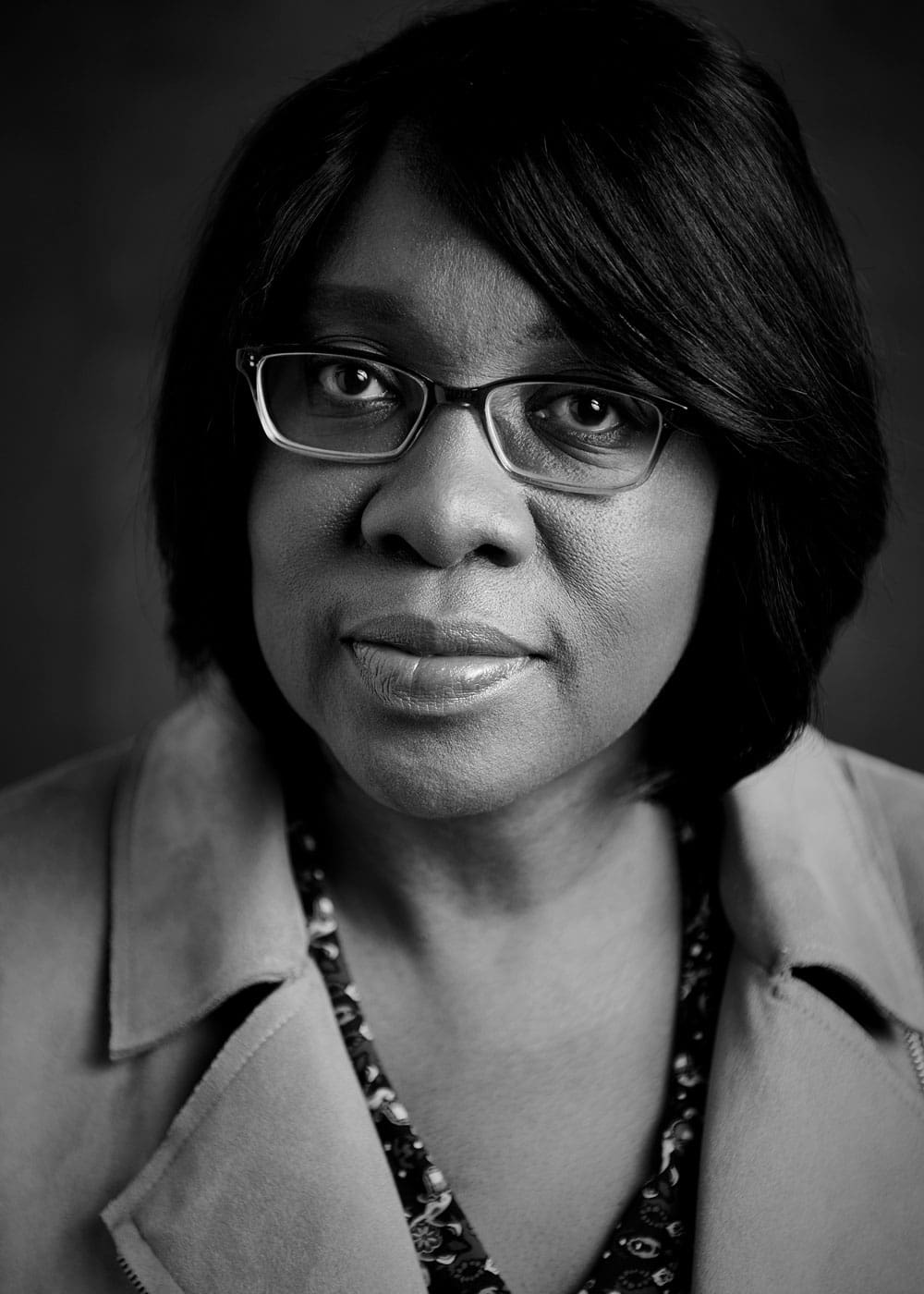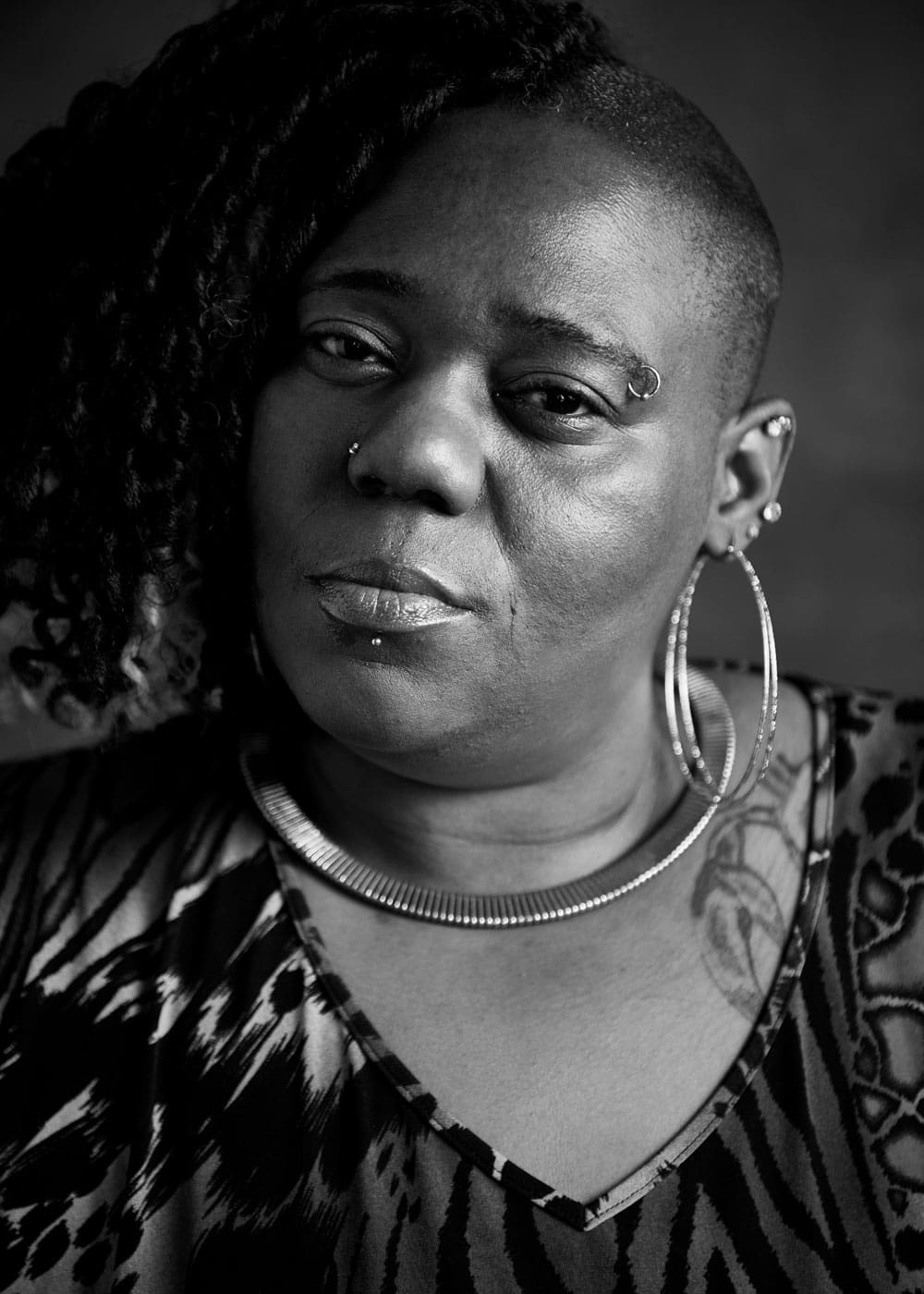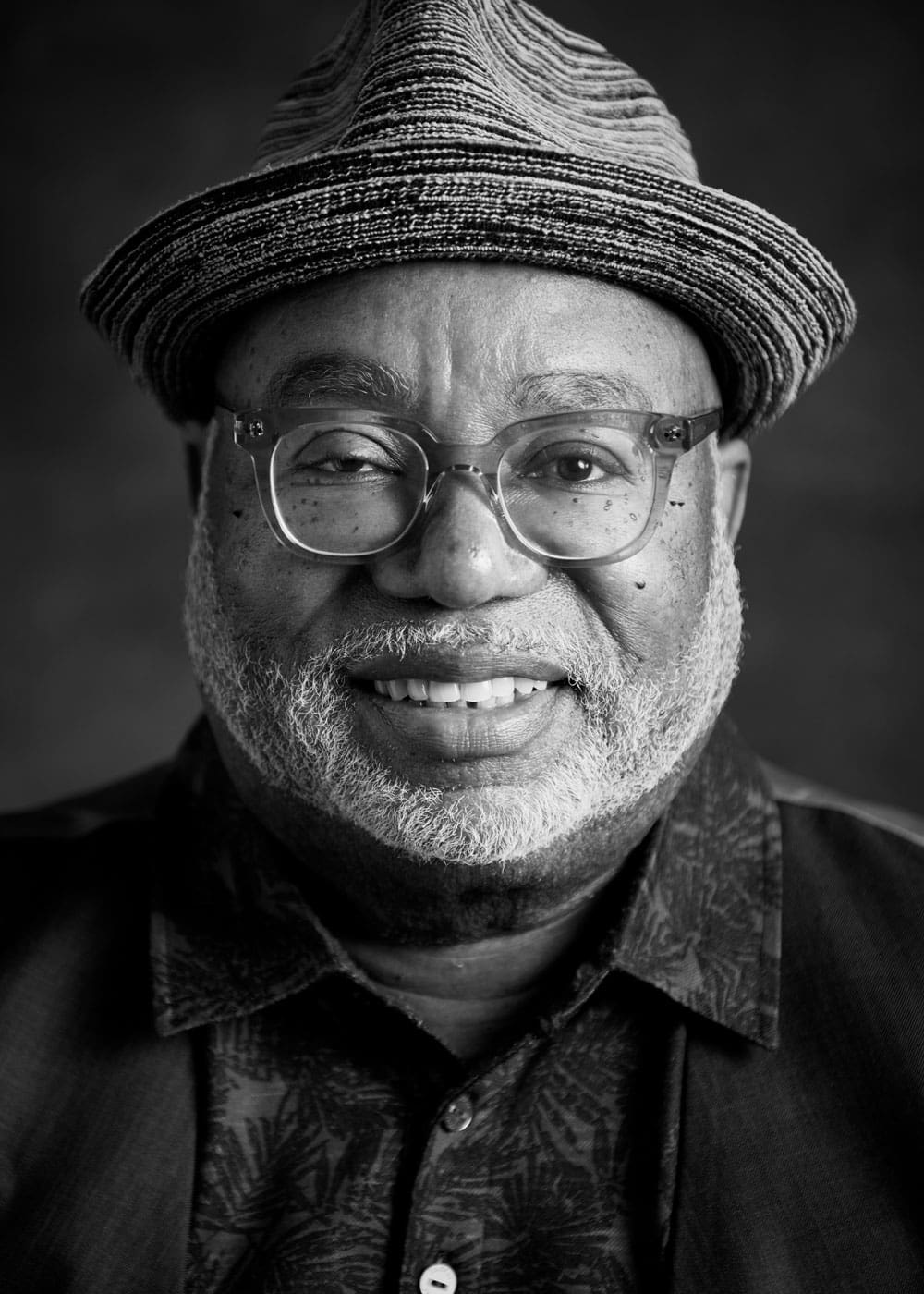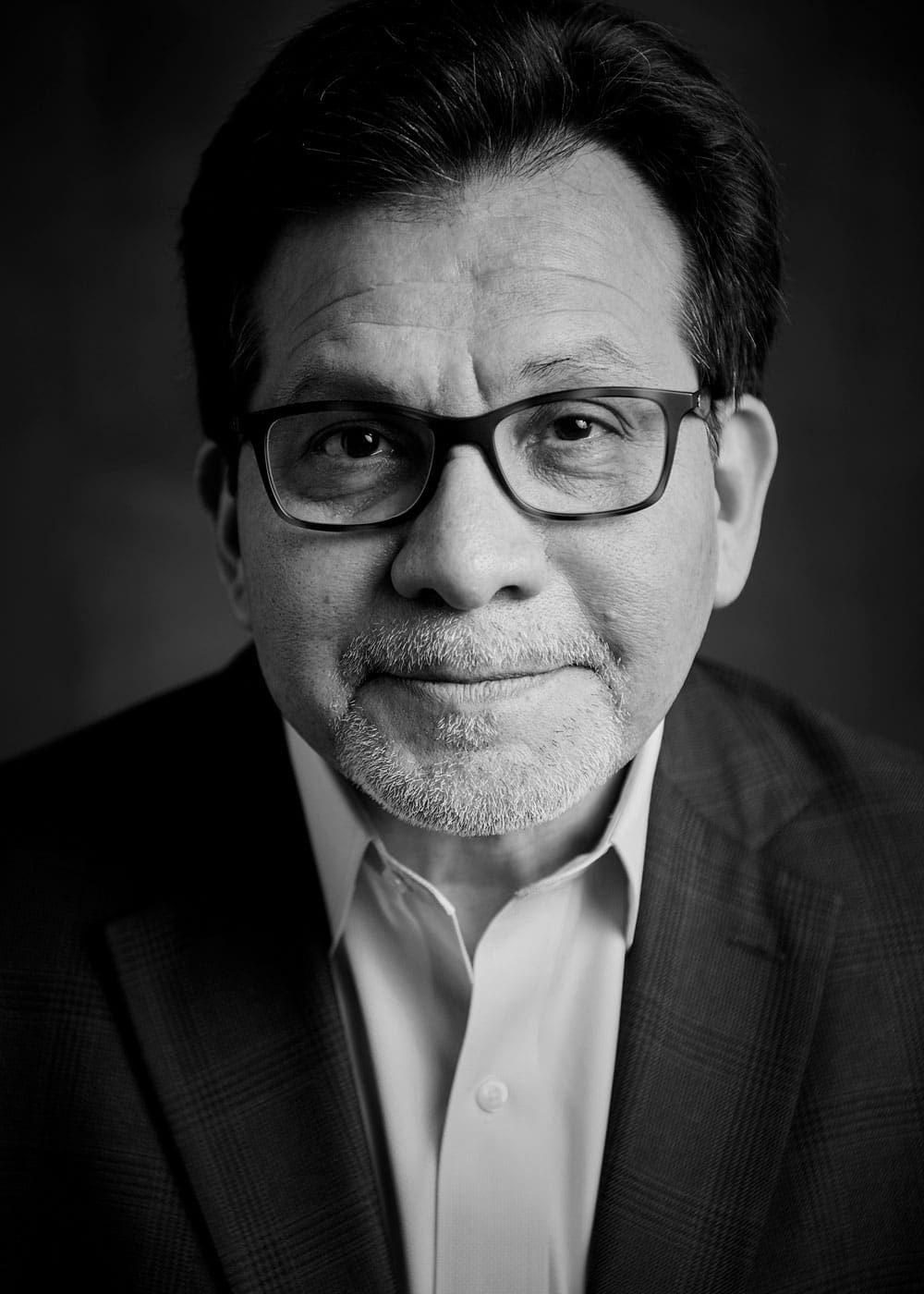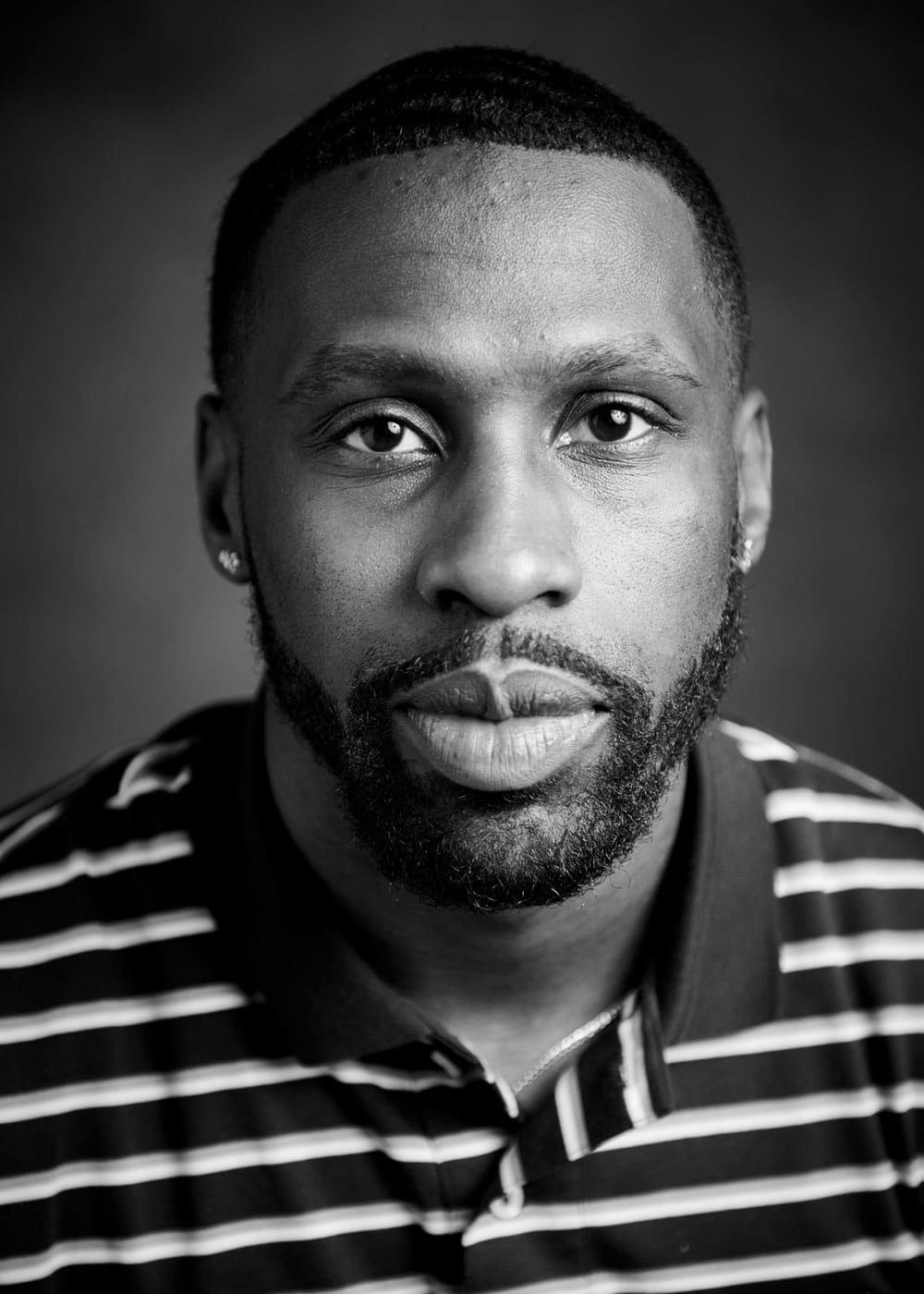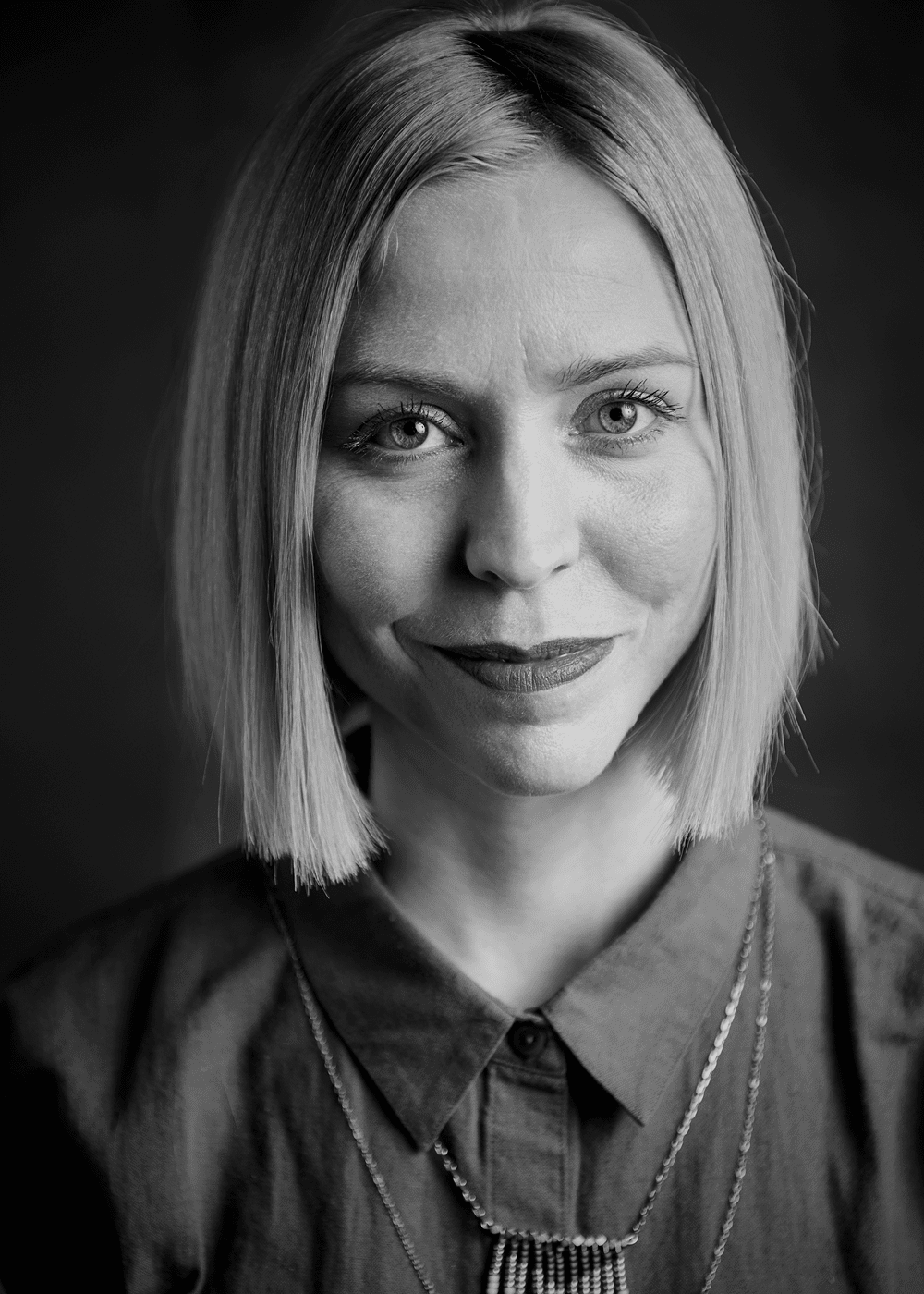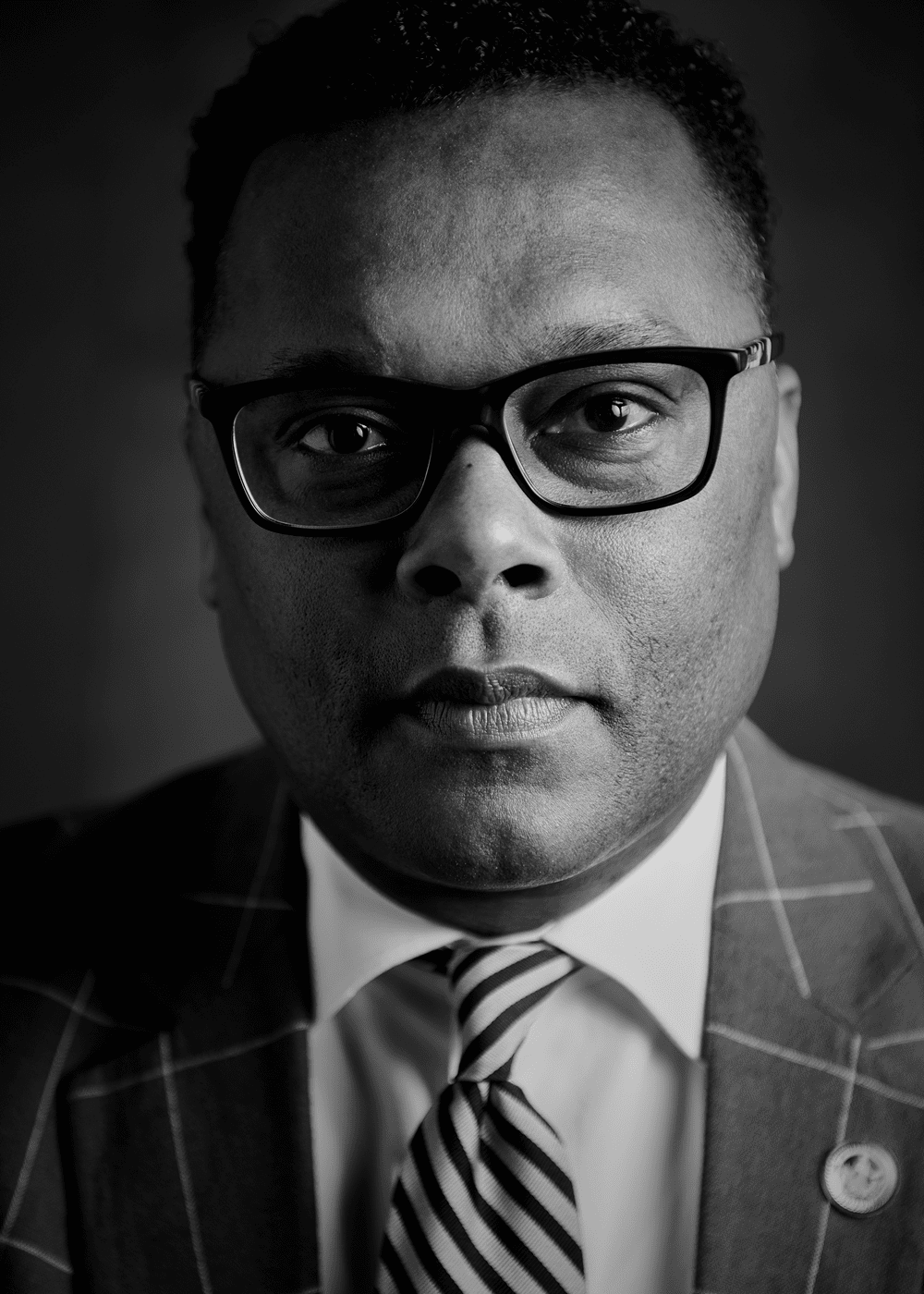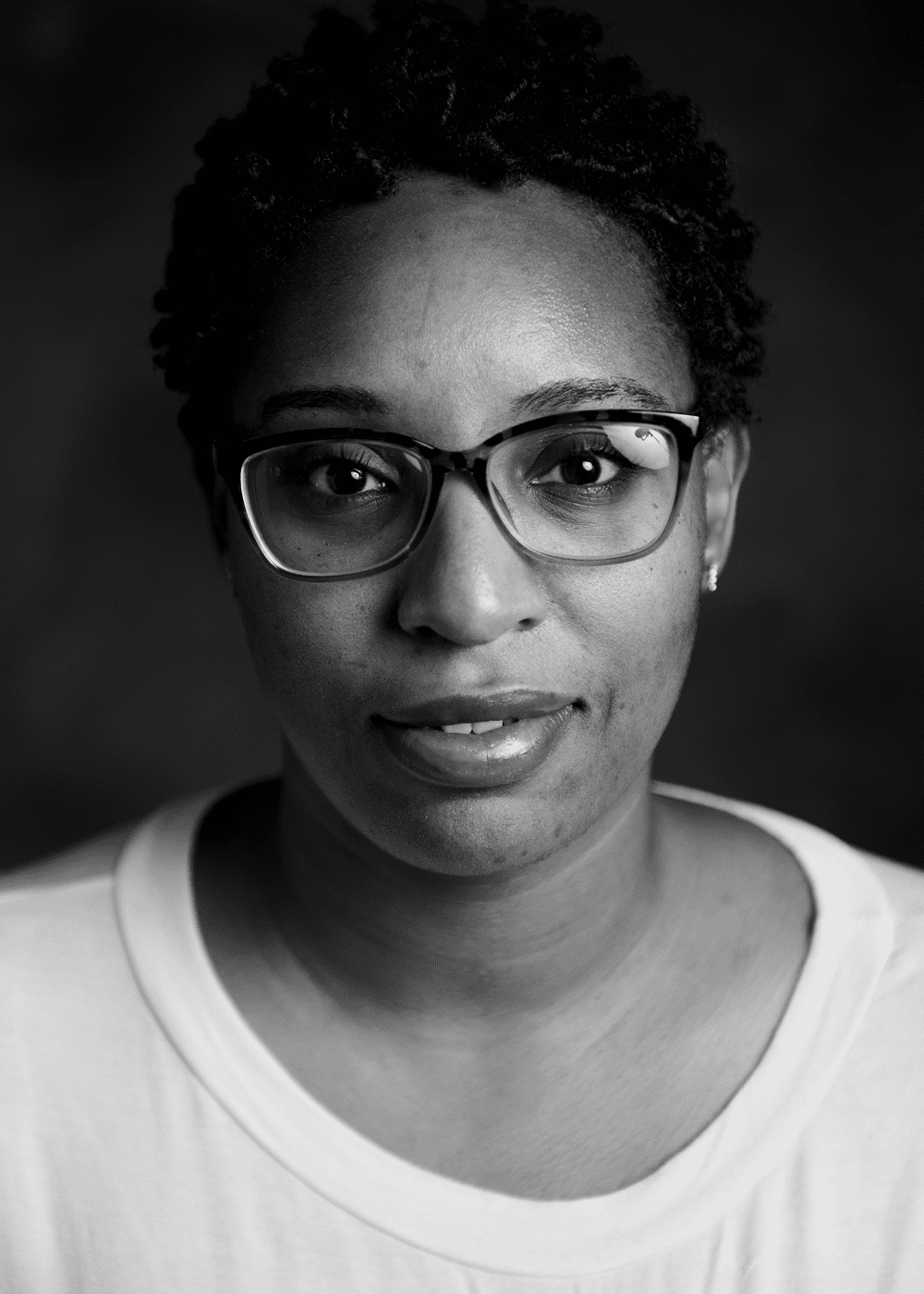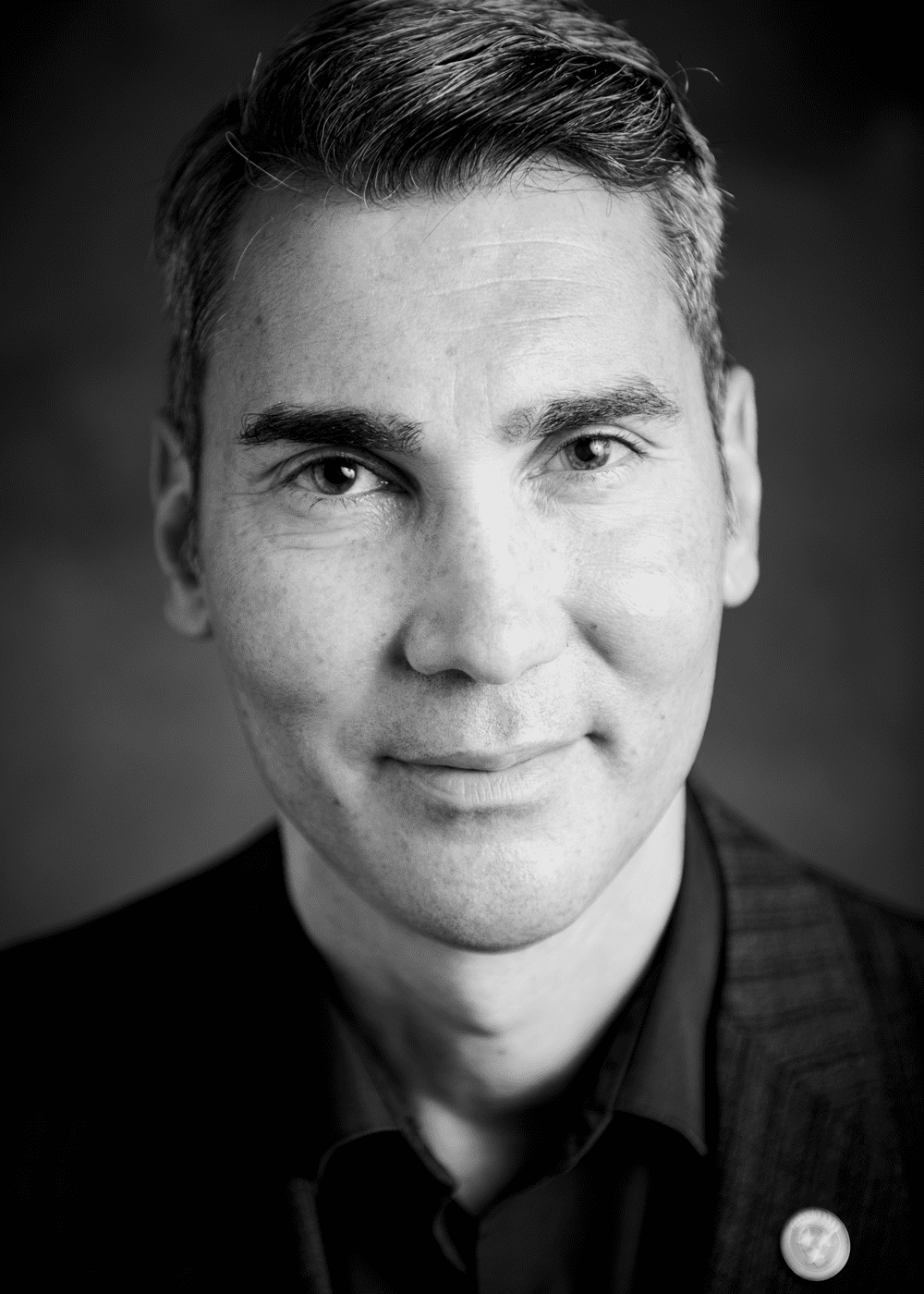Shawnta remembers the day the walls were raised.
In October 2018, she created a legacy for her children by becoming the first in her family to own a home.
But as a single mom with three kids, the road to get there wasn’t necessarily easy. It was paved with rejection and hard work and a community standing strong around her.
Shawnta first heard about Habitat for Humanity in 2013 and decided to apply. Unfortunately, her application was not approved. So, she was turned away and given some resources to better prepare for the next time she applied.
She says she got off track and applied again in 2016. Again, her application was declined.
But with three young children, Shawnta was adamant that she’d provide them a home of their own. At the time, she was living in a two-bedroom, 800 square foot duplex—the two boys in one bedroom, while she and her daughter shared the other.
“I was tired of moving and repeating the same cycle year after year,” she says. “Owning my own home meant stability, which my kids deserve.”
She was then referred to Christian Community Services, Inc. (CCSI) and joined their Mentoring Toward Independence program to learn about financial freedom and empowerment and work toward becoming mortgage ready.
“From the day we met Shawnta she exhibited a beautiful, positive spirit,” says Dr. Rietta Turner, CCSI CEO and executive director. “Her reason for wanting to participate in the CCSI/MTI program was to establish a better life for her children and to show them that in life it’s not how you start but it’s all about how you finish. … Shawnta was fully dedicated and never missed a session. She eagerly received the new information we presented and put it into practice. Shawnta was already resilient. However, we saw her grow in hope, mindset, knowledge, skills, choices and confidence that she could achieve her goals.”
Every Tuesday night, she’d show up to class empowered that she’d soon be able to direct her financial future and one day own her own home.
“I learned so much through that program. They basically gave me the foundation to have the best financial future that I could possibly have and to grow with that,” Shawnta recalls. “They taught me the importance of having my finances as a behavior. For example, if I wanted to save, I would do it consistently so that I could develop that behavior. Not just, ‘Oh, I’m saving because I’m in this program.’ I’m saving because it’s the right thing to do because I have kids and I want their future to be [the best].”
Eventually, Shawnta applied for her Habitat for Humanity home for the third time. This time, she was accepted.
Once she was in the program, she began taking courses to prepare for home ownership, even volunteering at the Habitat for Humanity ReStore, helping to build others’ homes and working with a team to construct her own home.
She learned about construction, planting seeds and being a part of a community.
In fact, many who helped build her home were also Habitat applicants and eventually became her neighbors.
“It’s just awesome that you get to build your home and watch it grow from week one to week four,” she says. “And then you get to meet all these amazing volunteers who are out there for you and your family.”
Most don’t get the reward of seeing their house go from a distant dream to actually hammering in its first nail.
“But I remember every little step. Every piece of the house, it’s a memory to me now. To see it up and to be living in it, it feels amazing.”
Shawnta knows how far she’s come. Being a homeowner has pushed her to take on more responsibility. She says before becoming a homeowner, she’d often start projects or set goals and not finish them.
“I wasn’t going all the way with everything. With the program, somebody was always there to push me along the way. There was an end goal that I was trying to meet. Before, I didn’t really have goals. But when I joined that program, my goals became something that I needed to do to secure my future.”
And that future—that legacy she’s securing—is her children. They are at the center of everything she’s working toward, she says.
“I want them to know that it starts with them. I want them to remain consistent and let them know that when they set a goal, the baby steps that they’re taking will eventually help them accomplish their goal. Everything that they’re doing now affects their future.”


